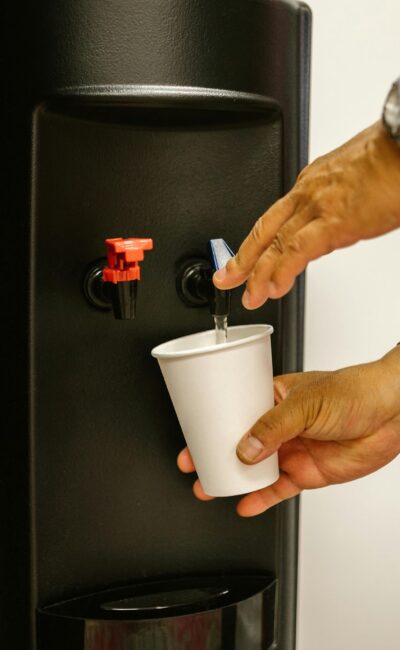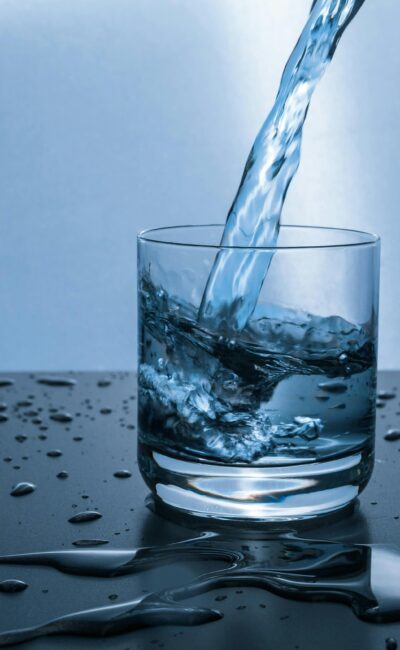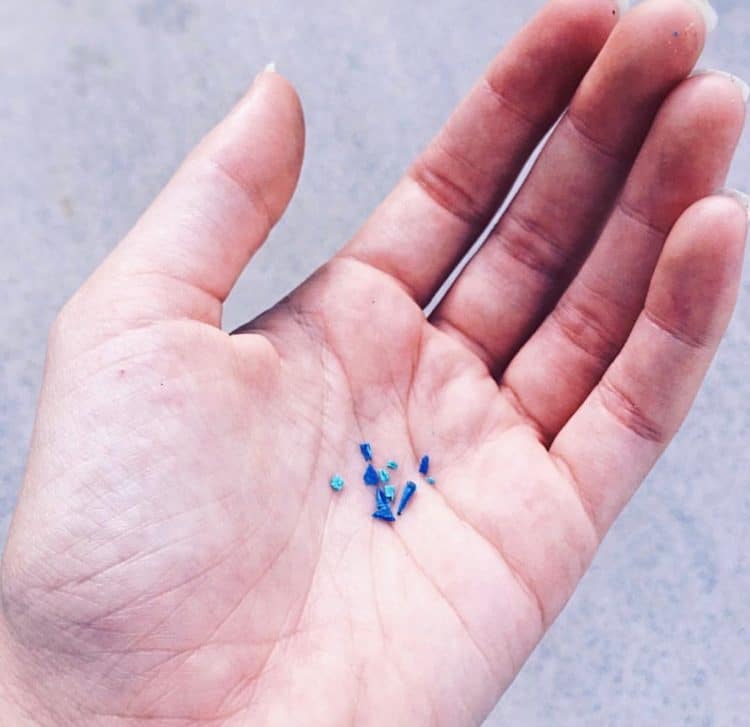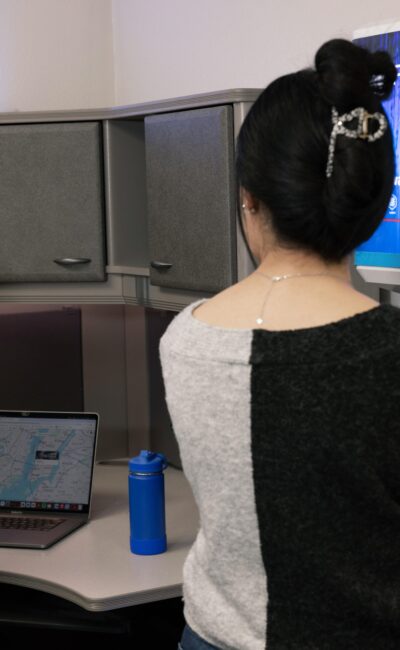Water Bottle Filling Stations Offer Huge Waste-Saving Opportunity
By Glenn HasekShare
NATIONAL REPORT—To eliminate plastic bottle waste, to reduce costs, and to enhance employee and guest health, hotels are switching to water bottle filling stations in both front and back of house areas. They are now standard for Hilton’s Canopy brand. Several vendors, including FloWater, Haws and Elkay, now offer the stations. Each company offers its own spin on bottle filling and models are available from the most basic, non-filtered version to one that includes seven-stage purification process. Some stations incluNATIONAL REPORT—To eliminate plastic bottle waste, to reduce costs, and to enhance employee and guest health, hotels are switching to water bottle filling stations in both front and back of house areas. They are now standard for Hilton’s Canopy brand.de counters that tally how many plastic water bottles have been avoided. That number can become an important part of a property’s sustainability story. At the Hilton San Francisco Union Square, for example, according to Jo Licata, Community Projects Manager, 200,000 plastic water bottles have been avoided in the last 10 months.
At the Hilton San Francisco Union Square, there are eight bottle filling stations—in three lobby areas, health club, housekeeping department, sales and events offices, swimming pool, and team member cafeteria. The hotel uses stations from FloWater and Elkay. “We encourage our meetings and conferences to use water stations rather than plastic water bottles,” Licata says. All 1,100 employees have been given washable containers to use. The hotel’s gift shop sells reusable containers and a restaurant, Herb N’ Kitchen, has bottles on order to carry and sell. Guests are informed about the stations on the hotel’s website.
At the Whitney Peak Hotel in Reno, Nevada, 12 guestroom floors feature FloWater bottle filling stations. They are located in elevator landing areas. There is also one in an area for employees. “It gives us the opportunity to replace in-room water bottles,” says Niki Gross, Managing Director of the Whitney Peak Hotel. “It is eco-friendly and over time will save a lot of money. Gross says the transition to bottle filling stations has opened up another revenue stream—the sale of reusable bottles. Whitney Peak Hotel bottles, with the hotel’s logo, are sold for $15 and are BPA (Bisphenol A) free. In the first two weeks of using bottle filling stations, guests and employees at the Reno property avoided the purchase of 15,000 water bottles. The FloWater stations include digital counters.
Stations Show Up in Guest Reviews
“The filling stations have all functioned perfectly,” the Whitney Peak Hotel’s Gross says, adding that they have been mentioned by guests in reviews appearing on sites such as TripAdvisor, Yelp, and Booking.com.
Susan Cawley, a management consultant for the Concord Suites in Avalon, N.J., says that property has two Brita Hydration Stations—one at each end of the building. Water bottles can no longer be purchased on-site. Employees use refillable bottles with the Concord Suites logo and it is against the hotel’s policy for employees to use disposable bottles. Two styles of refillable bottles are sold to guests, at cost.
“There is very visible signage at the stations which are in high traffic areas,” Cawley says. “There is signage and samples of the bottles at the registration desk. It is included on educational material in each suite on how to be a green traveler, and is noted on our green page on the website.”
Cawley says a chiller was optional on both stations but they were added. She notes that the stations have even become a draw for folks not staying at the hotel. “We have people who are biking or walking stopping by to refill their bottles,” she says.
Seven-Stage Purification Process
A unique feature attracting hoteliers to the FloWater station is its seven-stage purification process. A sediment filter removes dirt, dust, rust and suspended solids. A carbon filter removes any small particles that might make it through the sediment filter, such as chlorine, radon, hydrogen sulfide or heavy metals. A reverse osmosis filter removes any remaining contaminants, like traces of fluoride, bacteria, viruses, heavy metals, pharmaceuticals, pesticides, herbicides or dissolved solids. A coconut carbon filter made of coconut shells helps give the water a fresh taste. Activated oxygen adds O3 to the water on a timed basis, which elevates the amount of oxygen available in the water. Alkaline enhancement adds a proprietary blend of 10 trace minerals. Four key electrolytes—magnesium, potassium, sodium and calcium— are added and are the same electrolytes found in leading sports drinks, coconut water and brand name bottled water.
Rich Razgaitis, cofounder and CEO of FloWater, says the purification system in FloWater stations ensures that water being dispensed is “better than bottled water” and that the water tastes the same no matter the location.
Razgaitis says 50 percent of Americans have concerns about tap water quality and that which is safe. “We position this product at the high end of the market.”
Glenn Hasek can be reached at editor@greenlodgingnews.com. is filled with chlorine. “[Chlorine] destroys the natural bacteria in your stomach,” he says. Drinking fountains have, at best, a one-stage carbon filter. Drinking water out of a fountain can be one of the most “inelegant experiences,” Razgaitis says.
FloWater began three years ago in San Francisco. “We saw a real opportunity with the huge amount of consumers carrying around refillable containers,” Razgaitis says. “We asked ourselves, ‘How do we take a Tesla approach to creating the world’s best water.’”
The freestanding FloWater stations can be deployed just about anywhere on property. “You just have to run a water line,” Razgaitis says. Models come in white, charcoal or blue. The stations are replacing bottled water and 5-gallon jugs. “It is an opportunity to reduce expenses,” Razgaitis adds. “In many cases we are seeing employees hydrate two to three times more. They are doing something good for the environment.”
FloWater customers can either purchase or lease the machines. Razgaitis says in most cases hotels are seeing payback in just a few months. “It is a great amenity and a way to differentiate oneself,” he says.
FloWater machines include bottle counters and filters that require changing twice a year. A countertop version of the FloWater station is in development.
Many Elkay Options to Choose From
Elkay offers 400 SKUs of EZH2O bottle filling stations, including various color combinations and in-wall bottle filler/water cooler (fountain) combinations. Stations can be refrigerated or non-refrigerated and filtered or non-filtered. Filters reduce aesthetic chlorine, taste and odor, particulate class I, and lead. Filters are rated for 3,000 gallons. An electronic sensor ensures touchless, sanitary operation. Floor-standing outdoor bottle filling stations are also available. EZH20 stations come with a ticker that tracks the number of plastic bottles avoided. A filter monitor indicates when replacement is needed.
“The bottle filling station allows folks to interact with the fountain a little easier,” says Ellen Sajdak, Senior Product Manager for Elkay. “The green ticker makes them feel good about what they are doing. Guests like the sensor part of it and not having to touch it.”
Unique to Elkay filling stations is the ability to be notified, via “the cloud,” with bottle ticker totals and maintenance data. Not yet launched, but planned by Elkay, is the ability to include messaging and video in the upper area of the hydration station.
A Filter with a Built-in Sensor
The Brita Hydration Station, available from Haws, is available in surface mount and recessed mounted versions. Haws also sells floor standing and counter top Brita water coolers. The Brita filtration system is tested and certified by CSA against NSF/ANSI Standard 42 for the reduction of chlorine (taste and odor) and against NSF/ANSI Standard 53 for the reduction of lead and cysts. An auto purge feature automatically cycles once every 24 hours to assure a fresh water supply as well as trap integrity. A filter replacement indicator light notifies one when replacement is necessary.
According to Ted Hertz, General Manager for the Brita Hydration Station product line, the filter has a sensor built into it. “When it has reached its useful life, the unit will shut down,” Hertz says. “It was designed to be serviced by facilities people. We want to make sure the user has a good experience.”
“We have the Brita name on the outside,” adds Ted Hertz, General Manager for the Brita Hydration Station product line. “With that comes a higher level of quality we need to achieve. Because it says Brita, we need to have methods in place to ensure the water is always going to be great tasting.”
Hertz says bottle filling stations are just beginning to catch on in the lodging industry. “It is in the early stages and picking up a little steam,” he says. “They are becoming standard in renovations. We first saw them in club lounges or lobby areas but we are now seeing them in fitness rooms and on hotel floors.”
Hertz says his company’s wall units are most often found in lobby areas while fitness areas most often see wall units or floor standing water coolers. “Our wall unit is a light gray color,” Hertz says. “We position this product at the high end of the market.”
Glenn Hasek can be reached at editor@greenlodgingnews.com.




